triple-negative breast cancer (tnbc) awareness day: how one woman turned diagnosis into advocacy and representation
when the doctors told patricia russell she had triple-negative breast cancer (tnbc), she thought that her life was going to be cut short—and she was not done living it yet.
diverse voices shape key issues in breast cancer canada progress report: 'we know that early detection saves lives'
breast cancer rates are rising in younger populations, and when early detection can save lives, educating the masses is crucial to reduce mortality rates.
breast cancer in canada: stats, impact and resources
what’s most alarming about breast cancer now is the rising rate among younger women in their 20s and 30s. this is part of a larger trend of increasing incidence of early-onset cancers.
 6 minute read
6 minute read


